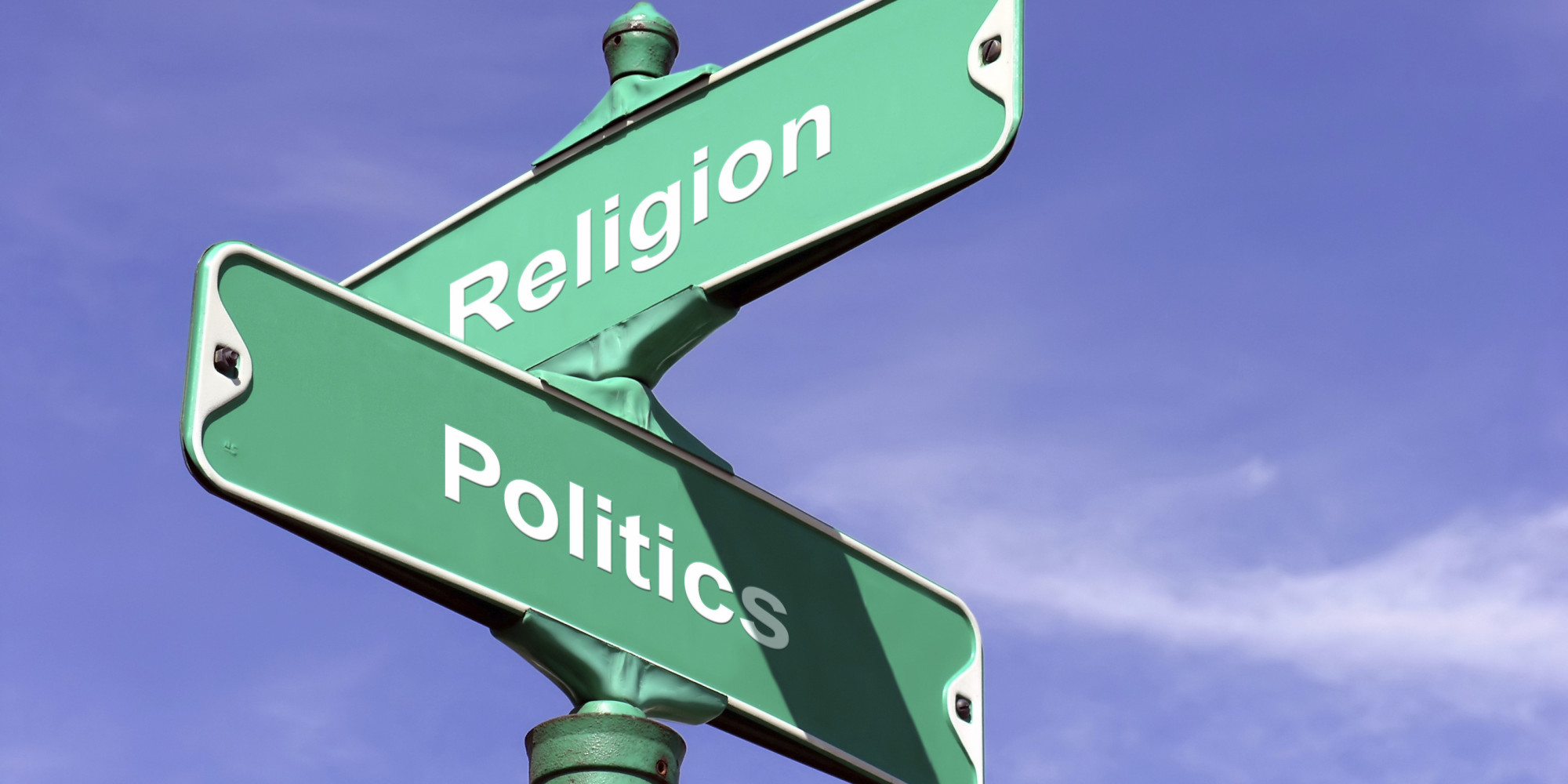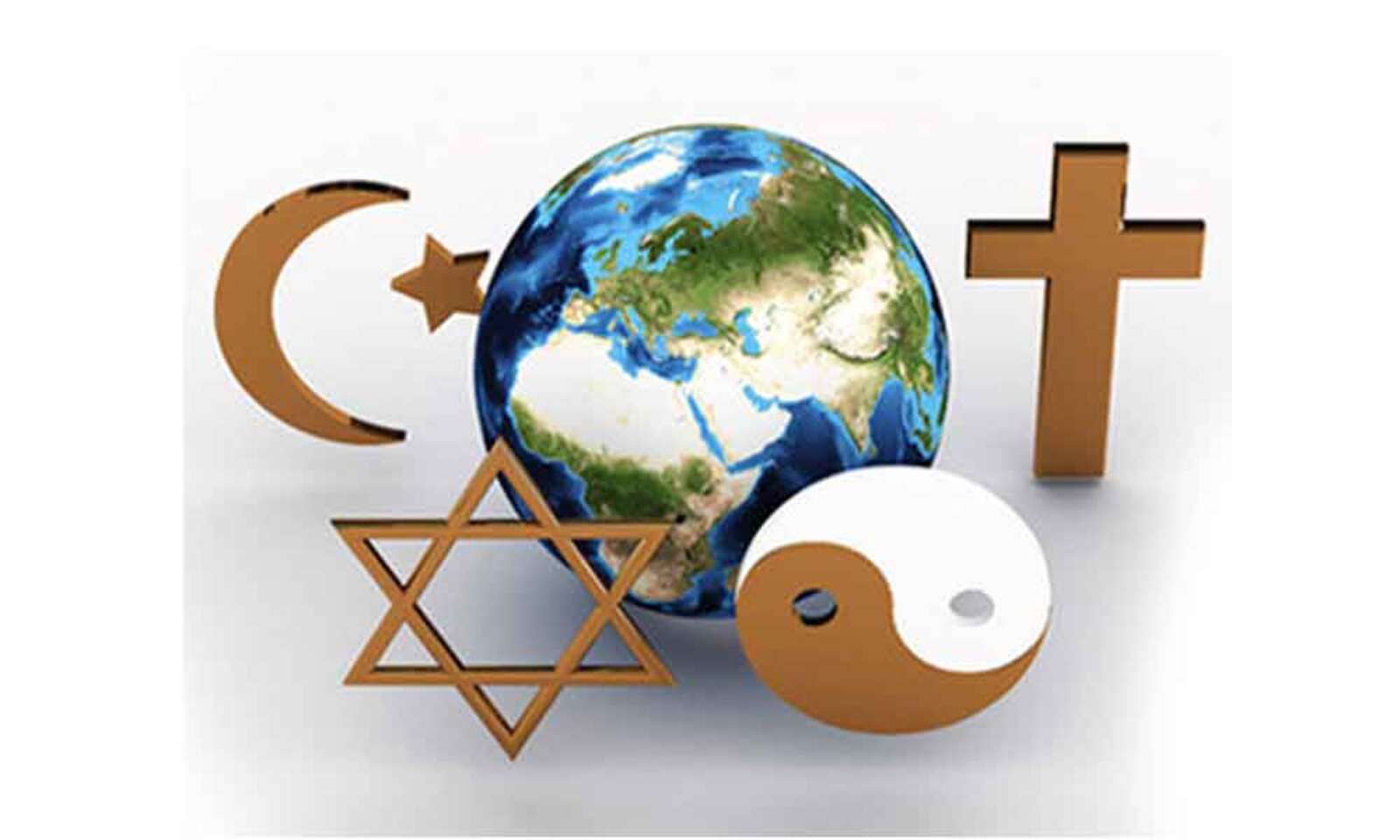Politics in Religion: A Boon Or A Bane in 2020?
Politics in Religion: A Boon Or A Bane in 2020?
After the construction of Ram temple, the name of Babri Masjid will be limited to the pages of history. Just like it happened in the sixth century Greek Orthodox Church in Turkey with Hagia Sophia.

Since the year 1453, its identity as a church has been confined to the pages of history, because it has been converted into a mosque, then a museum and now once again a mosque.
Mosque replaced by a temple and church instead of the mosque, history repeating itself! The history of change in places of worship is old in the world. Even today, the Taliban and IS continue to destroy religious places and historical monuments.
In 2001, the Taliban in Afghanistan destroyed Buddhist sculptures in Bamiyan. IS ruined ancient religious and cultural heritage in Syria and Iraq.

Twenty years ago, Israeli leader Ariel Sharon, along with dozens of policemen, entered the Muslim Al-Aqsa Mosque and expressed Israel’s ownership of it.
He was said to have taken this step at the time with the popularity of Binyamin Netanyahu, the rising star of his Likud party, and resorted to religious sentiments for political gains. Such examples are found in both governments, whether democracy or dictatorship.
According to political analysts and religious leaders, Turkish President Erdogan and Prime Minister of India Narendra Modi are known for their political use of religious sentiments.
AC Michael, a leader of Catholic Christianity in Delhi, says that the Ram temple and Hagia Sophia should be viewed in this context, “There is a commonality between them. The aim is the same. The aim is whether to come to power or to remain.” So authoritarianism is going on for which religion is the pawn. “

He further says, “The temples are being built so that they will remain in power for the next 15-20 years. It is being said from the very beginning that only the Modi and BJP government will run for 20-25 years. When the temple will be built by 2024 The foundation will be strengthened later. “
During the time of PM Narasimha Rao in India, a law was passed in 1991 for protection of religious places, in which Ayodhya case was set aside because the matter was in court. This law was appreciated in the interest of liberal democracy.
Under this law, it was decided that there would be no change in the existing status of places of worship of all religions.
Professor Ahmet Kuru of San Diego State University, California says, “His (Ardoian) style of governance is also part of a global trend. Modi’s in India as well. In Russia, we are using the Putin Church. They are using the Bible as a political symbol and with political-religious discourse, they are trying to inspire Christians. So, this is a trend that continues across the world even today. “

Milan Vaishnav is a senior specialist in the South Asia program at the Carnegie Endowment for International Peace, USA. He has investigated the reasons for BJP’s landslide victory in the 2019 general election.
He concluded that the phase of religious nationalism is not going on only in India. He says, “Many political democracies around the world are witnessing such political movements. Apart from Turkey and India, the widespread use of religiously motivated politics has been broken in countries separated from Latin America, Western Europe and the Soviet Union is found.”
The historic building of Istanbul’s famous Hagia Sophia was the pride of Secular Turkey as a museum.
Famous Turkish writer Orhan Pamuk says, “Turks take pride in being a secular Muslim nation. Now the conversion of Hagia Sophia into a mosque will end the pride of the country. There are millions of secular Turks like me, who are saddened by this decision But his voice is not being heard. “

The Christian Emperor Justinian built the existing building of the Hagia Sophia as a church in the sixth century. Ottoman emperor Sultan Mehmet converted it from church to mosque in 1453. Mustafa Kamal Ataturk, who founded modern and secular Turkey, transformed it into a museum.
Ataturk’s legacy is weakening during the 17-year rule of Ardoan, in the same way as Nehru’s secular legacy has weakened in the six years of the Modi government according to experts. it is difficult to get the service economy going and surviving in business.




